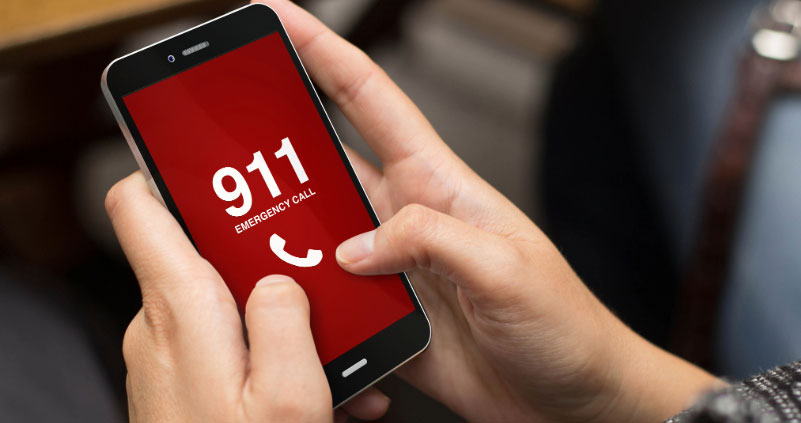Despite their critical role in emergency response, dispatchers are currently classified by the Federal Government as clerical workers, a categorization that denies them the resources, training, and benefits afforded to other first responders.
Why 911 Dispatchers Deserve the Same Support as First Responders
Emergency situations demand quick thinking, precision, and unwavering calm—qualities embodied by 911 dispatchers who serve as the crucial first point of contact in crisis situations. Despite their pivotal role in emergency response, 911 dispatchers have long been classified as clerical workers, a label that significantly understates their contributions and responsibilities. It is high time we recognize and support 911 dispatchers as we do other first responders.
The Critical Role of 911 Dispatchers
At the heart of every emergency call is a dispatcher who must quickly assess the situation, calm the caller, gather vital information, and ensure the appropriate emergency services are dispatched. This process is anything but clerical—it requires acute judgment, deep knowledge of emergency procedures, and the ability to make life-saving decisions under pressure.
Dispatchers also provide critical instructions during emergencies—such as guiding a caller through CPR, advising on evacuation procedures during a fire, or helping to de-escalate a violent situation until help arrives. These actions can significantly impact the outcomes of emergencies, often determining the difference between life and death.
The Psychological Toll
The stress experienced by 911 dispatchers can be immense. They are exposed to high-stress calls daily, involving violence, danger, or distress. This exposure can lead to psychological strains such as post-traumatic stress disorder (PTSD), which is also commonly reported among other first responders like police, firefighters, and emergency medical technicians.
Training and Skills
911 dispatchers undergo rigorous training, learning detailed protocols for a variety of scenarios, all while needing to maintain an up-to-date understanding of the geographic areas they cover and the resources available at any given moment. Their training and continuous education parallel the demands placed on field-based first responders.
The Push for Reclassification
Efforts to reclassify 911 dispatchers as first responders, such as through the 911 SAVES Act, are gaining momentum. This change would align their classification with the nature of their work, providing them access to better resources, training opportunities, and benefits. It would also likely improve recruitment and retention within the dispatching profession, attracting candidates who are eager to serve in these vital roles.
You can help support the Enhancing First Response Act & the 911 SAVES Act!
The Enhancing First Response Act (S.3556) and 911 Supporting Accurate Views of Emergency Services (SAVES) Act (H.R. 6319) are bills that are designed to enhance the reliability and efficiency of emergency services, specifically focusing on the communication systems used during natural disasters and the classification of 9-1-1 dispatchers.
Updating the classification of 9-1-1 dispatchers from “clerical workers” to “protective service workers” in the Standard Occupational Classification (SOC) system aims to better reflect the critical, lifesaving work that dispatchers perform daily.
This legislative initiative underscores a significant push towards acknowledging the vital role of 9-1-1 dispatchers as first responders and ensuring that emergency communication systems are robust and effective during crises.
IT ONLY TAKES A FEW MINUTES TO MAKE AN IMPORTANT DIFFERENCE!
STEP 1: CLICK HERE to find your local members of Congress and their contact information.
STEP 2: Send an email or call to voice your support for helping 911 dispatchers get the recognition, benefits, and support they deserve.
1) 911 dispatchers deserve to be classified as First Responders
2) 911 dispatchers need access to better training, benefits and support
3) Please support the Enhancing First Response Act (S.3556) and the 911 SAVES Act (H.R. 6319)













